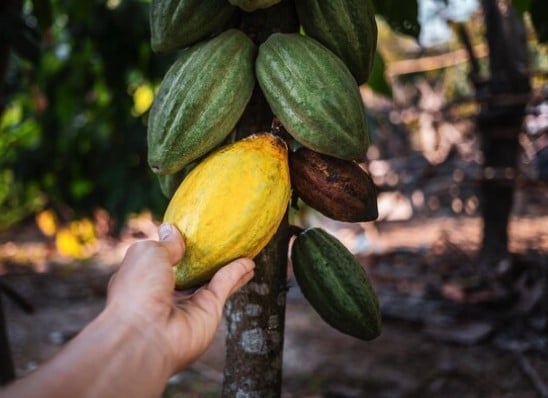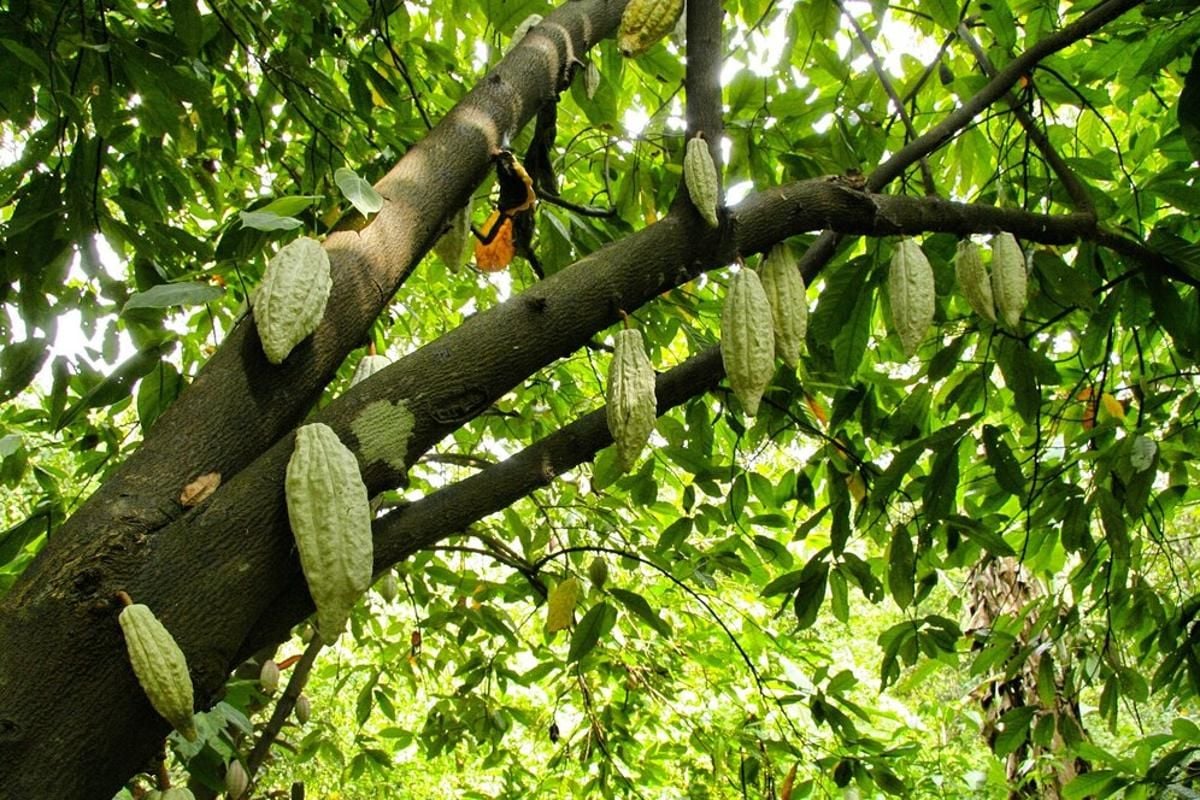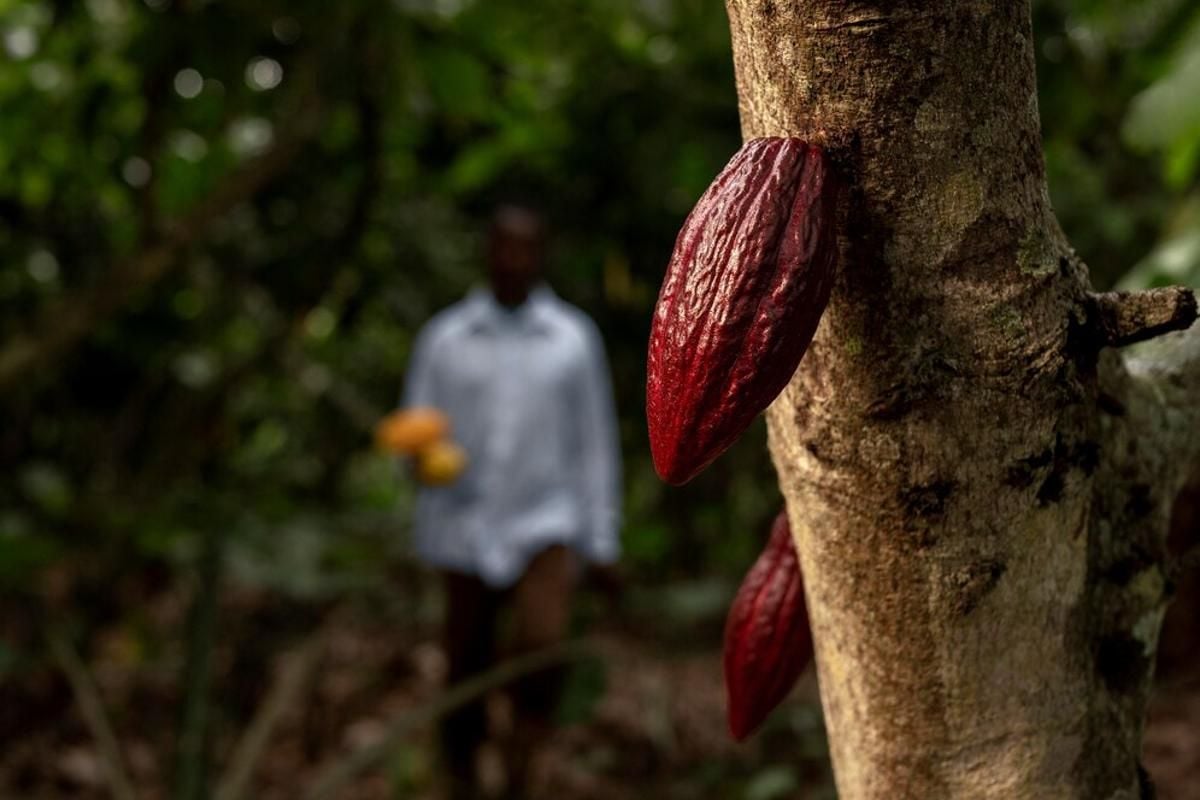A recent discovery in South America’s rainforests brings exciting news for chocolate enthusiasts.
According to Phys.org, researchers have identified three new species that are “closely related” to Theobroma cacao, the tree responsible for chocolate production.
Implications for the Cacao Industry

The research, published in Kew Bulletin, could have significant implications for the future of the cacao industry.
Global warming poses a serious threat to crops, with more frequent extreme weather and a rise in pests among the contributing factors.
Climate Change Drives Up Costs for Key Staples

Bayer’s latest Farmer Voice survey indicates that 71% of respondents believe climate change has impacted their farms.
Staples such as wine, olive oil, and tomatoes have become more expensive, and chocolate is no exception.
Extreme Weather on Cocoa Production

Extreme weather events have severely impacted the industry.
This includes a prolonged drought in West Africa, which produces about 80% of the world’s cocoa, according to J.P. Morgan.
Optimism Amidst Challenges

Despite these challenges, the collaborative team from University College Cork, the University of Sao Paulo, and the New York Botanical Garden remains enthusiastic about their findings.
“The discovery of new species, in addition to those already known, expands the genetic resources that are available to us that might allow us to produce drought-tolerant or disease-resistant cacao trees,” said James Richardson from UCC, as reported by Phys.org.
Gene Editing Innovations

Advances in gene editing and other breakthroughs are paving the way for more resilient crops.
For example, Hudson River Biotechnology is using gene editing to create a new breed of strawberries that can thrive in harsher climates and have a longer shelf life.
Enhancing Strawberry Resilience

By editing specific genes, they aim to enhance the fruit’s resilience to environmental stresses and extend its usability.
This innovation could potentially boost strawberry production and reduce waste, addressing both agricultural and supply chain challenges.
Benefits of Plant-Based Proteins

Promoting plant-based proteins could help reduce meat consumption and offer health benefits.
It would also decrease greenhouse gas emissions from agriculture.
Enhancing Plant-Based Meat with Animal Fat

There are instances where the aim is to use animal fat in plant-based meat products to make them taste more like traditional meat while still being vegan.
This approach aims to improve the flavor and texture of plant-based meats, potentially making them more appealing to a broader audience.
Greenhouse Gas Emissions

The Woods Institute for the Environment at Stanford notes that 18% of planet-warming pollution stems from livestock production.
This includes 9 percent of carbon dioxide and 37 percent of methane gas emissions worldwide.
South American Biodiversity

Freepik
Regarding the South American discovery, Richardson emphasized the importance of documenting the findings.
He also stressed the need for ongoing research to uncover more potentially valuable biodiversity.
Advancements in Science to Address Food Scarcity

“That there were recently unknown species closely related to Theobroma cacao, which is of huge importance for the production of chocolate and other products, shows how much more work there is to be done to catalog the vast amount of unknown biodiversity across our planet,” he remarked, according to Phys.org.
Advancements in science and technology, combined with recent discoveries, could potentially alleviate certain food scarcity.








































